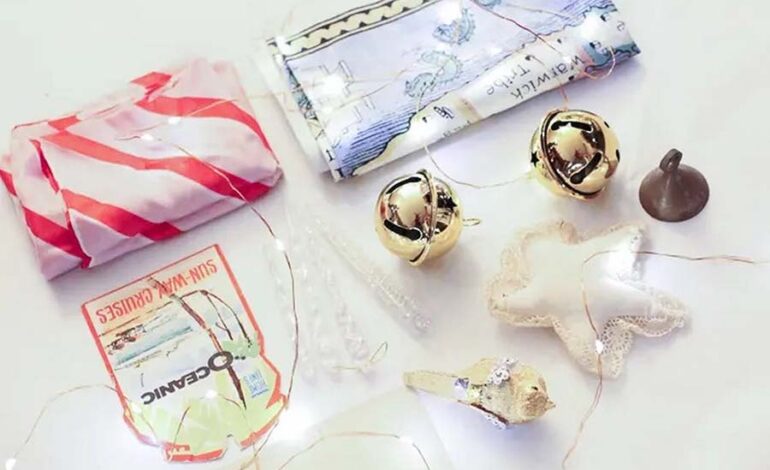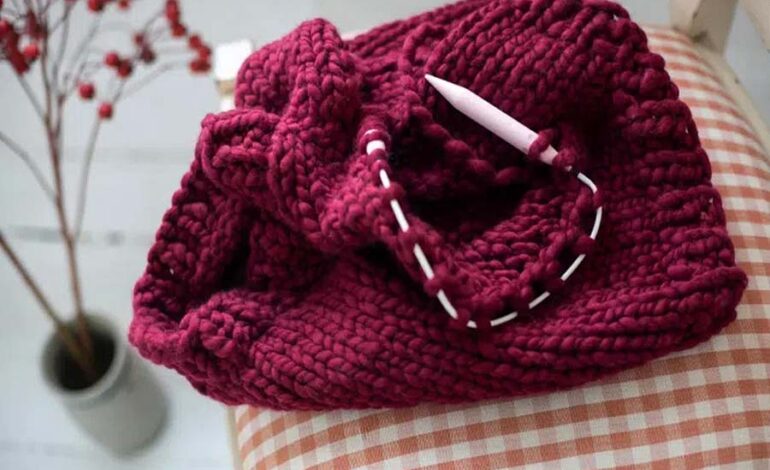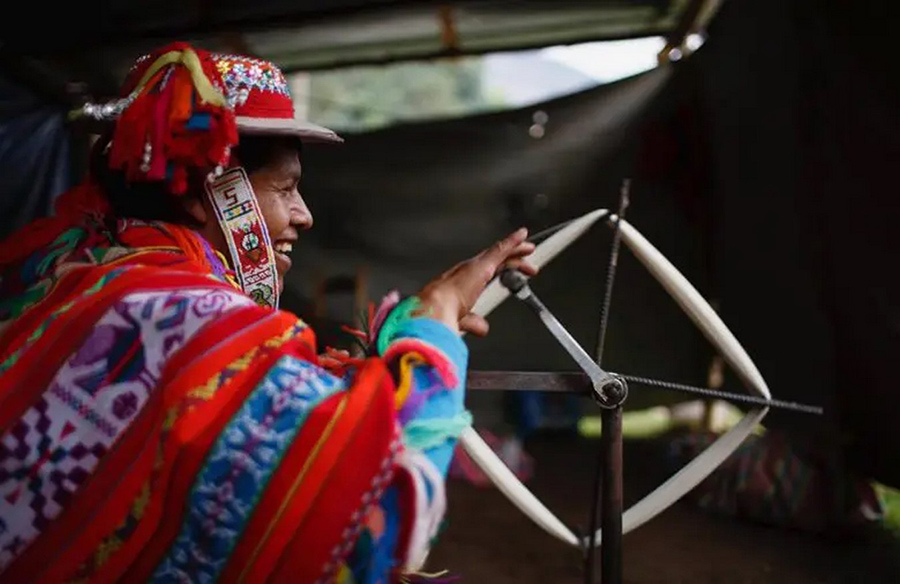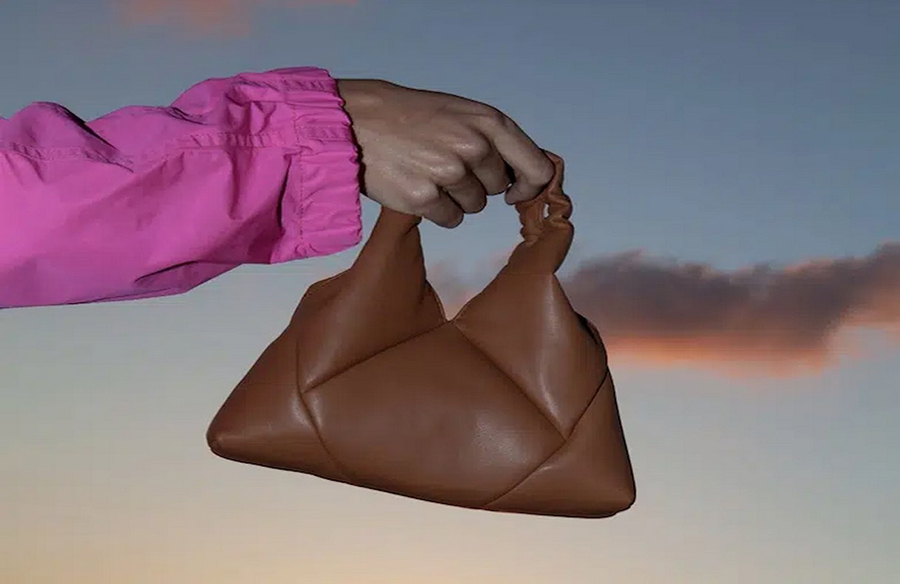Revolutionizing Fashion: 13 Brands Leading the Way in Waste Reduction

Introduction
In the realm of fashion, where trends come and go, a persistent challenge remains—the significant environmental impact generated by the entire lifecycle of clothing. From raw material cultivation to garments ending up in landfills, the fashion industry has garnered notoriety as a major contributor to global pollution, particularly in the context of waste.
The Alarming Reality of Fashion Waste
The Ellen MacArthur Foundation, dedicated to advancing the transition to a circular economy, reveals a startling fact: one garbage truck of textiles is either landfilled or incinerated every second. The repercussions extend further, with clothing in landfills persisting for 200-plus years, generating potent greenhouse gases like methane. This crisis calls for a transformative approach to the fashion supply chain, emphasizing the need for reduction, reuse, recycling, and recovery.
Addressing the Waste Epidemic: A New Wave of Fashion Brands
Acknowledging the urgency of the waste problem, fashion brands are reshaping their practices to be more sustainable. Many are challenging themselves to create innovative designs without relying on new fabrics, foregoing seasonal collections, and adopting circular practices—fashioning enduring pieces from existing materials. Let’s delve into the ways these brands are reimagining waste and diverting it from the inevitable fate of landfills.
- Upcycling: All The Wild Roses
All The Wild Roses, a Certified B Corp, pioneers vintage-inspired dresses with a bohemian flair, utilizing natural and biodegradable upcycled fabrics like cotton, silk, and linen. The brand extends its commitment to upcycling by curating a vintage collection, where pieces are meticulously restored through hand-dying, mending, and reworking embroidery.
- Circular Design: Christy Dawn
Christy Dawn adopts a circular design model, rescuing residual fabrics from other brands to create vintage-style and timeless designs. Embracing a do-no-harm mentality, the brand repurposes leftover fabrics, producing responsibly limited-edition collections. Additionally, Christy Dawn cultivates its cotton in India through regenerative agriculture.
- Deadstock Fabrics: Collina Strada
Collina Strada breathes life into its brightly colored and quirky designs through deadstock fabrics. The brand recycles cotton t-shirts, water bottles, and prints on deadstock, showcasing an emphasis on reducing waste. Innovative materials, such as fabric made from rose petals, further characterize Collina Strada’s commitment to sustainability.
- Recycling: Ecoalf
Ecoalf stands out by creating clothing and accessories from recycled materials, particularly focusing on plastic waste collected from the ocean floor. By recovering discarded fishing nets, plastic bottles, tires, and more, Ecoalf exemplifies a dedication to repurposing waste and preventing it from reaching landfills.
- Zero-Waste Pattern Cutting: Anekdot
Anekdot employs zero-waste pattern cutting to minimize excess fabric during design and cutting stages. Crafting feminine zero-waste lingerie, the brand utilizes never-worn production leftovers and vintage trimmings, contributing to a sustainable and elegant collection.
- Ethereal Upcycled Pieces: Les Fleurs
Les Fleurs creates dreamy aesthetic pieces from upcycled natural fabrics. With a focus on romantic silk, satin, and organza, the brand’s pastel vintage designs epitomize elegance intertwined with sustainability.
- Genderless Contemporary Designs: 1/OFF
1/OFF breathes new life into designer classics, transforming them into genderless contemporary designs. Each creation is unique, serving as a bridge between the past and the future, blending the playful with the formal.
- Artisanal Fashion from Old Curtains: Hôtel
Hôtel embraces sustainability by crafting apparel mainly from old curtains sourced from Paris. Upholsteries, handmade embroideries, linens, and tablecloths find new life through upcycling, creating timeless and artisanal pieces.
- Innovative Textile Creations: Zero Waste Daniel
Zero Waste Daniel pioneers artistic creations by transforming scrap materials into genderless clothing and accessories. From celebrity portraits to pineapples, the brand challenges the conventional perception of waste, encouraging a reevaluation of its impact.
- Playful Vintage Finds: Rentrayage
Rentrayage designs one-of-a-kind playful garments from vintage finds. Crafted with a focus on tailoring, each piece includes darts and seams to create a feminine shape, embodying a unique blend of craftsmanship and sustainability.
- Upcycling Pre-Consumer Waste: Iro Iro
Iro Iro, founded by the daughter of a garment factory owner, breathes life into pre-consumer waste fabric. Collaborating with a local family weaving unit, the brand transforms waste into a rich textile, highlighting the beauty of zero-waste cutting techniques.
- Vintage Denim Reimagined: E.L.V. Denim
E.L.V. Denim pioneers sustainable denim by transforming parts of old, discarded, vintage denim into modern jeans. By sourcing materials from warehouses around the UK and manufacturing in East London, the brand aims to reduce its carbon footprint.
- Rejecting Industrial Fabrics: Doodlage
Doodlage transforms rejected industrial fabrics into high-street designs. Embracing sustainability, the brand repurposes leftover fabric to create lifestyle products and even recycles them into paper for garment tags.
Conclusion
These 13 fashion brands exemplify a commitment to sustainable practices, paving the way for a future where waste reduction is at the forefront of the fashion industry. From upcycling and circular design to zero-waste pattern cutting and recycling, these brands showcase the diverse ways in which fashion can be both stylish and eco-conscious. As they redefine the narrative, these brands encourage consumers to make mindful choices and contribute to a more sustainable fashion landscape.









